De hade jag helt missat, tack! Intressant teori av Charles Matthews om infektioner. Olika arter/stammar av bakterier kan ju vara både nyttiga och farliga även hos människor.
Just det ja, Wijgerdes artikel nämnde även Fabricius' upptäckt att Dendronepthya kan fånga små mängder zooplankton:
"Zooplankton capture is selective for weakly swimming bivalve and gastropod larvae, and contributes less than 5% to the corals' growth and energy demand, at least in terms of organic carbon. ... Even though zooplankton does not seem a relevant food source for Dendronephthya corals in terms of organic carbon, it may provide essential nitrogenous components for growth, such as specific amino acids and proteins (see discussion)."
--så kanske ett blandat kar med snäckor kan hjälpa bidra med extra näringsämnen, medan svampar och andra koraller håller ner mängden skadliga bakterier?
Fabricius skriver förresten en hel del intressant om plankton, tydligen fångas inte mycket cyano:
"Very few cyanobacteria (size, < 3 pm) were observed, although their numbers and biomass in the ambient water greatly exceed those of eucaryotes."
Angående zooplankton:
"In contrast to the high intake rates of phytoplankton, we found very little zooplankton prey in the polyps of D. hemprichi in the field
...
The prey consisted mostly of small (mostly < 700 pm body length) planktonic bivalves, copepods, and gastropods. The Chesson selectivity coefficients indicated a preference for bivalves and gastropods, while copepods were underrepresented in the gut samples.
...
Besides the above-listed taxa, ostracods, amphipods, tintinniids, polychaetes, and fish eggs were found in the coelonterons. These were mostly small and slow-swimming individuals. Items <300 pm were often captured and taken up within 10-20 s. Attempts to capture items >750 pm were almost never successful, although in these cases all eight tentacles of D. hemprichi were involved, and the zooplankton items escaped after a mean contact time of 50 s. There were no signs of paralysis even in prey held by the tentacles for several minutes or captured two or three times. "








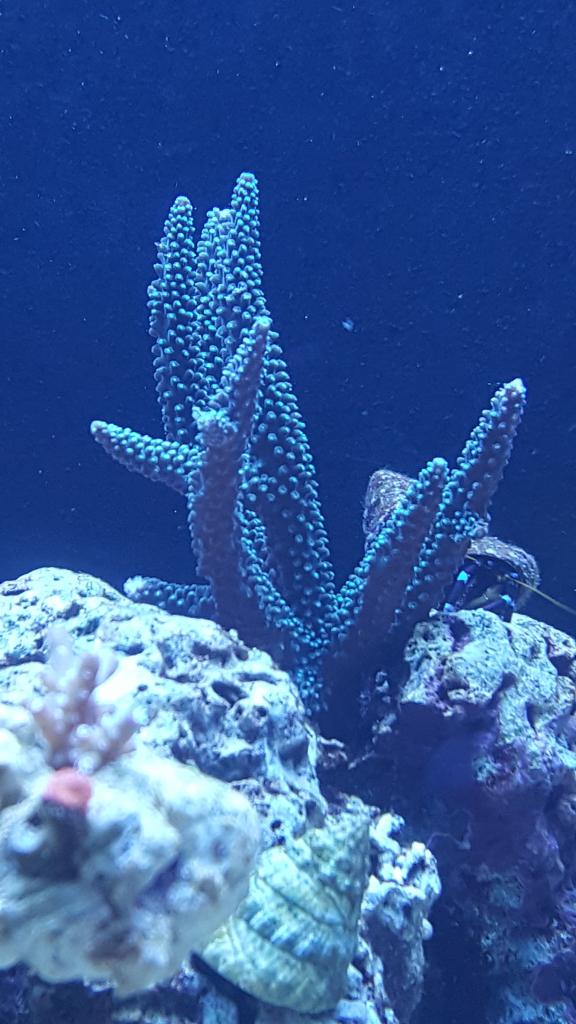
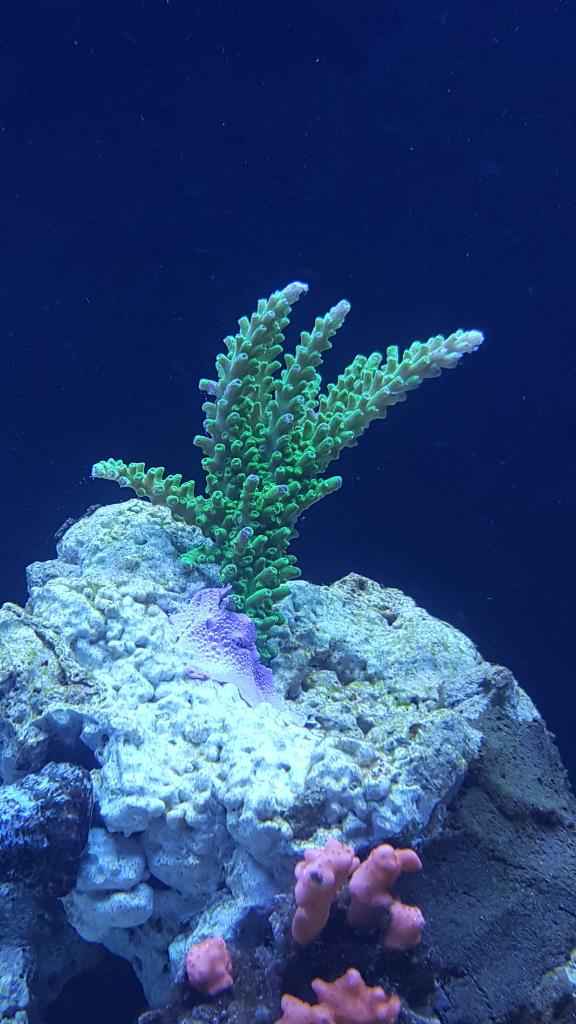
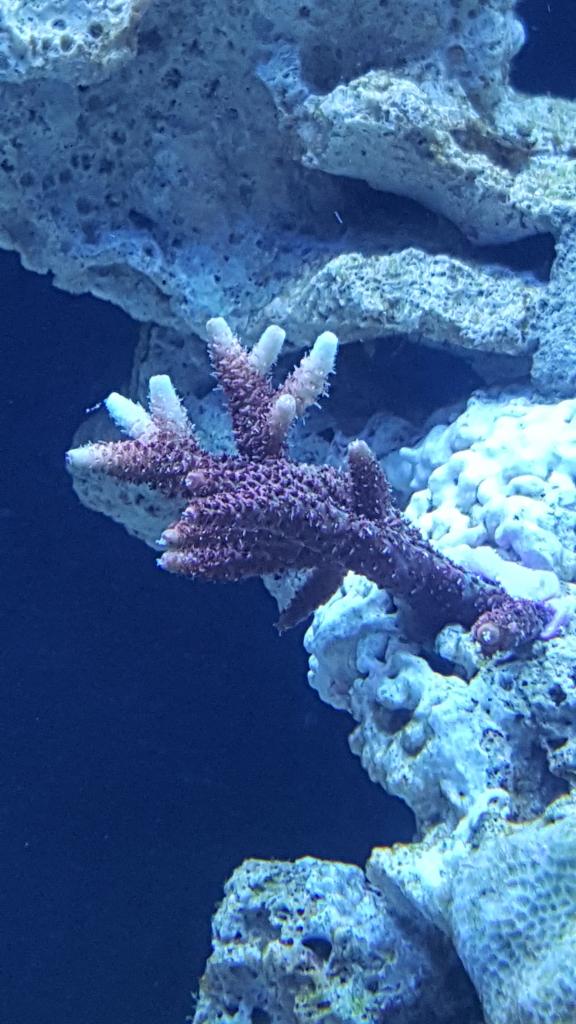
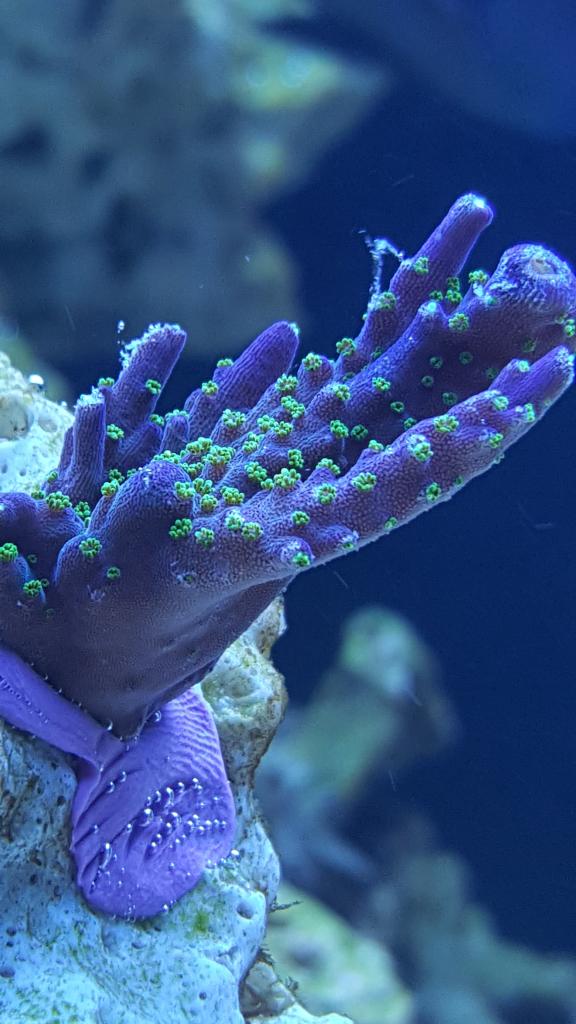
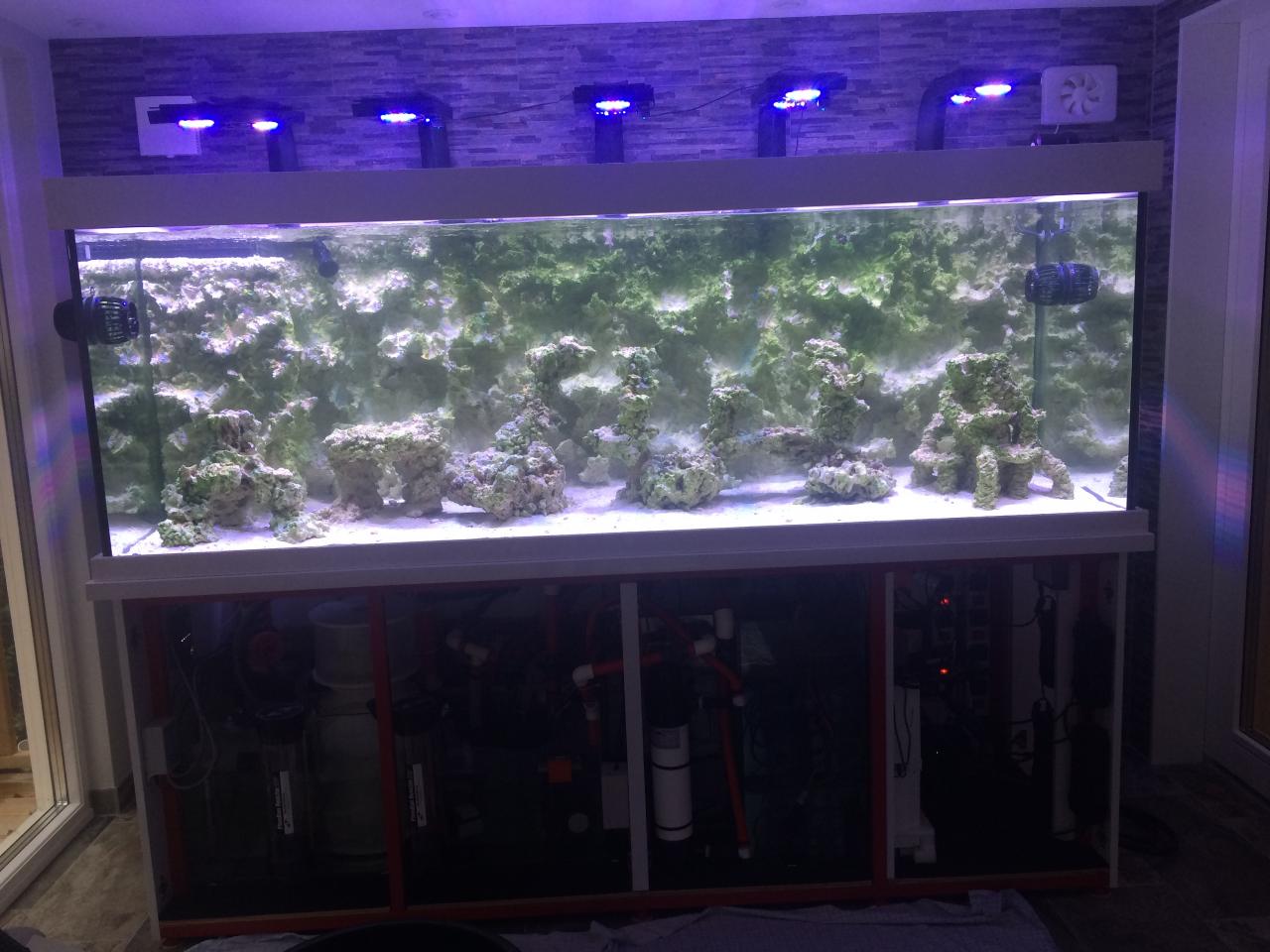
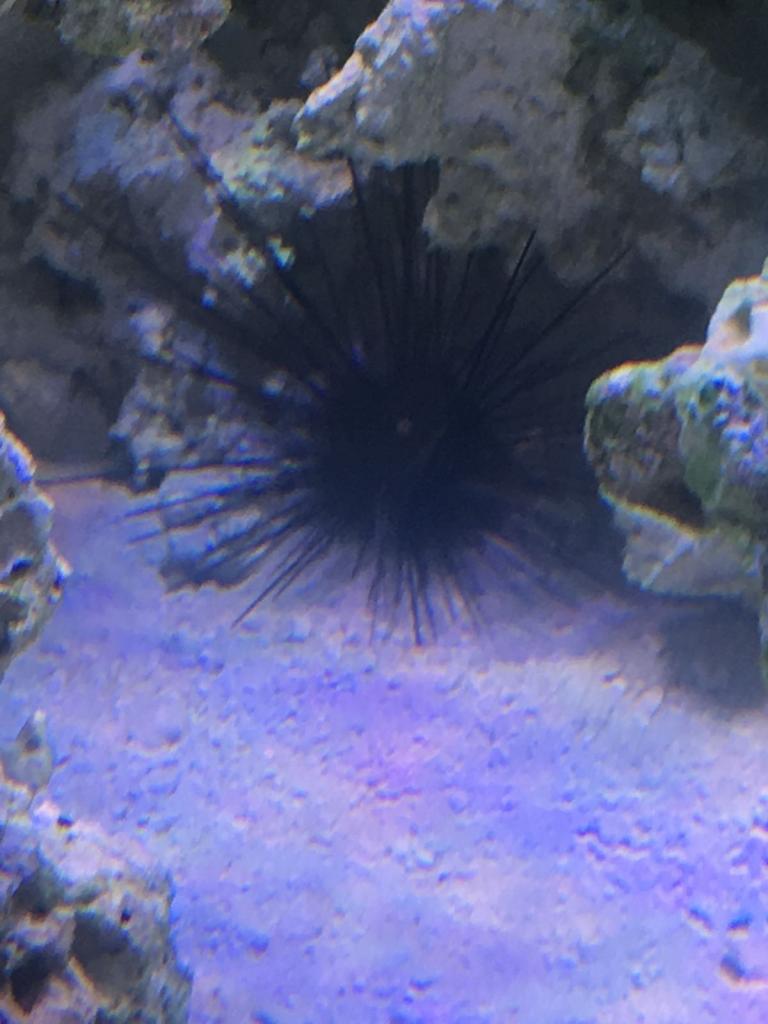
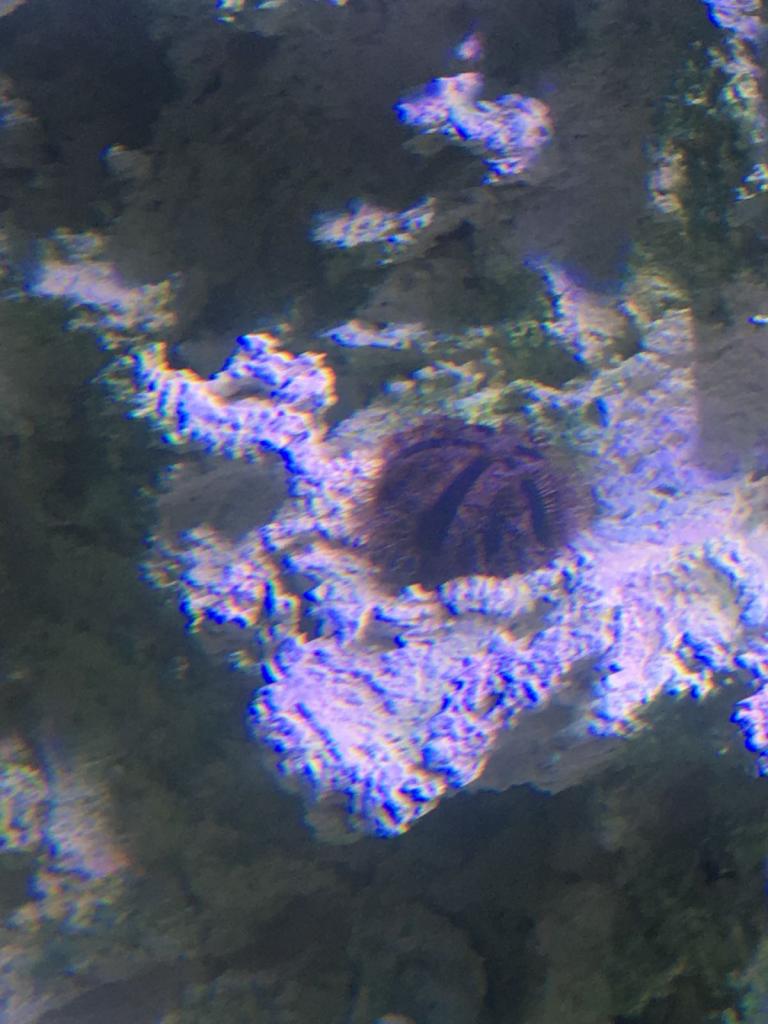
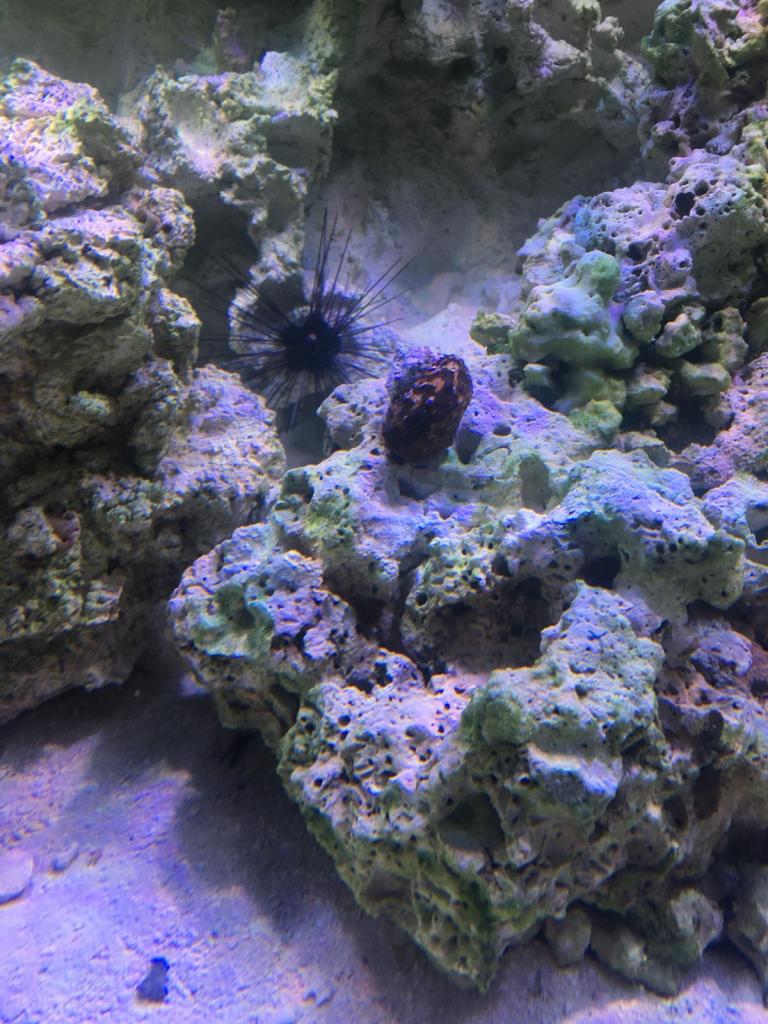
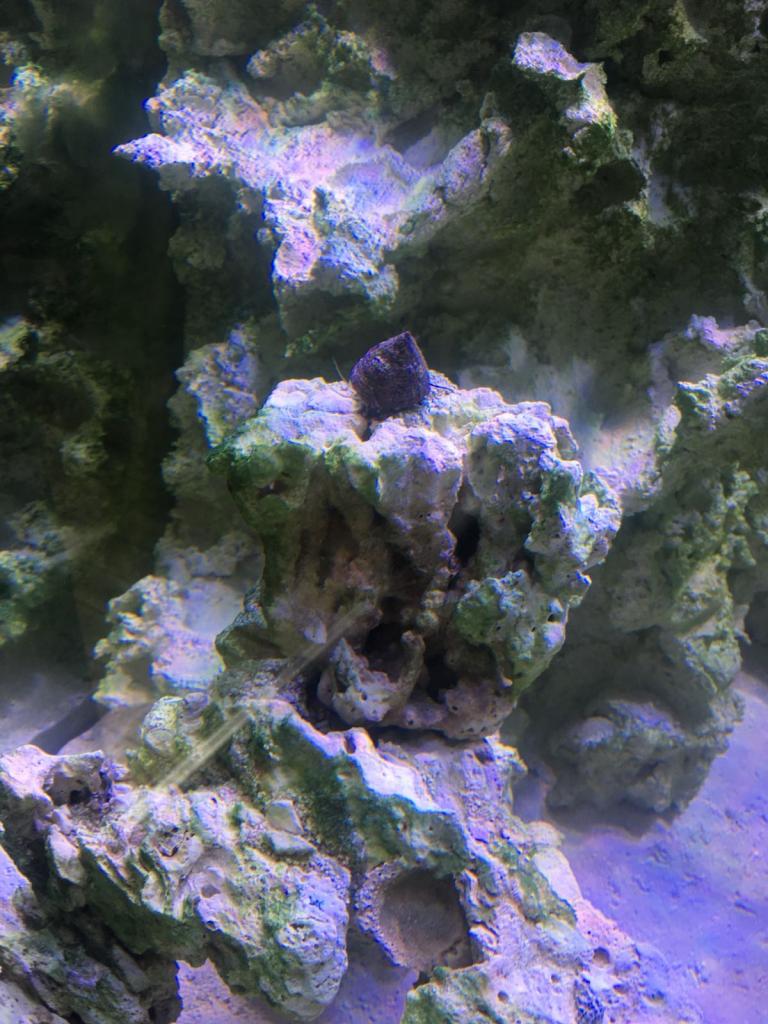
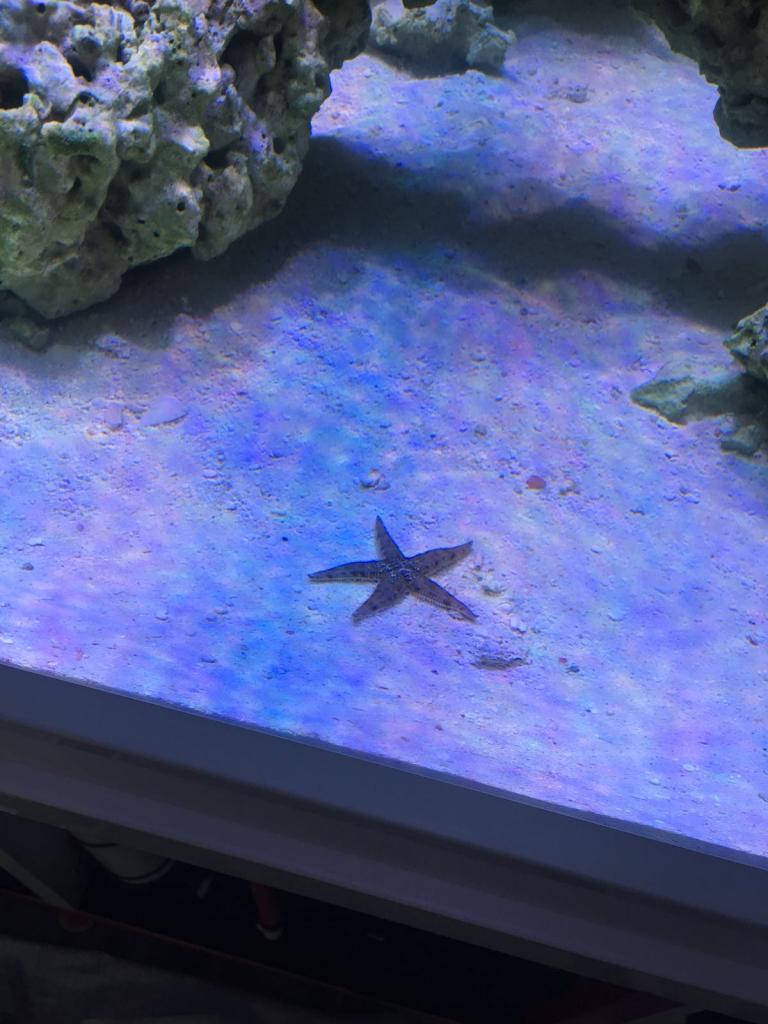
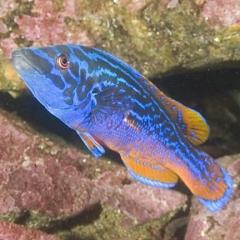
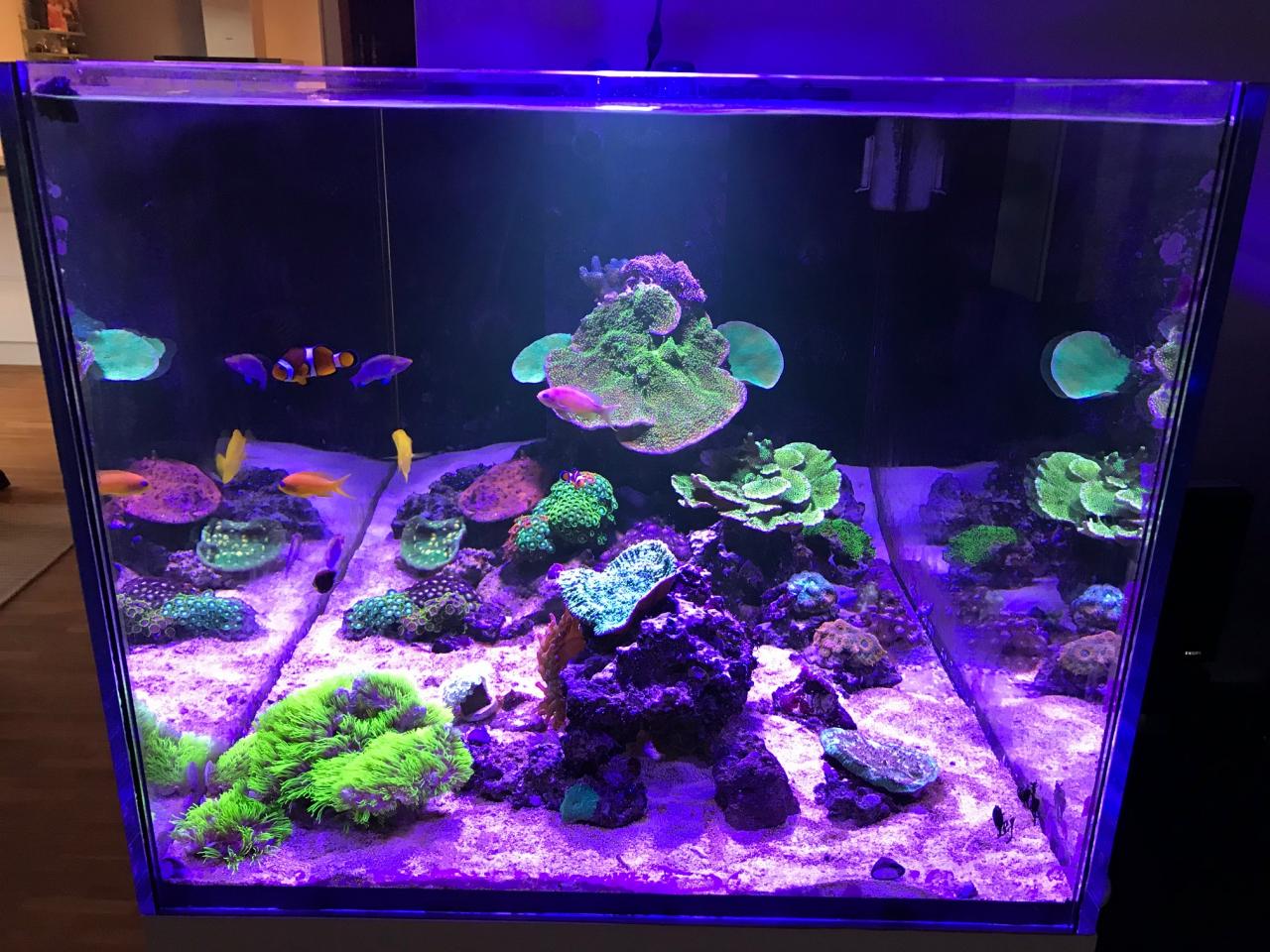
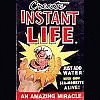


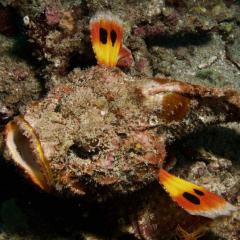

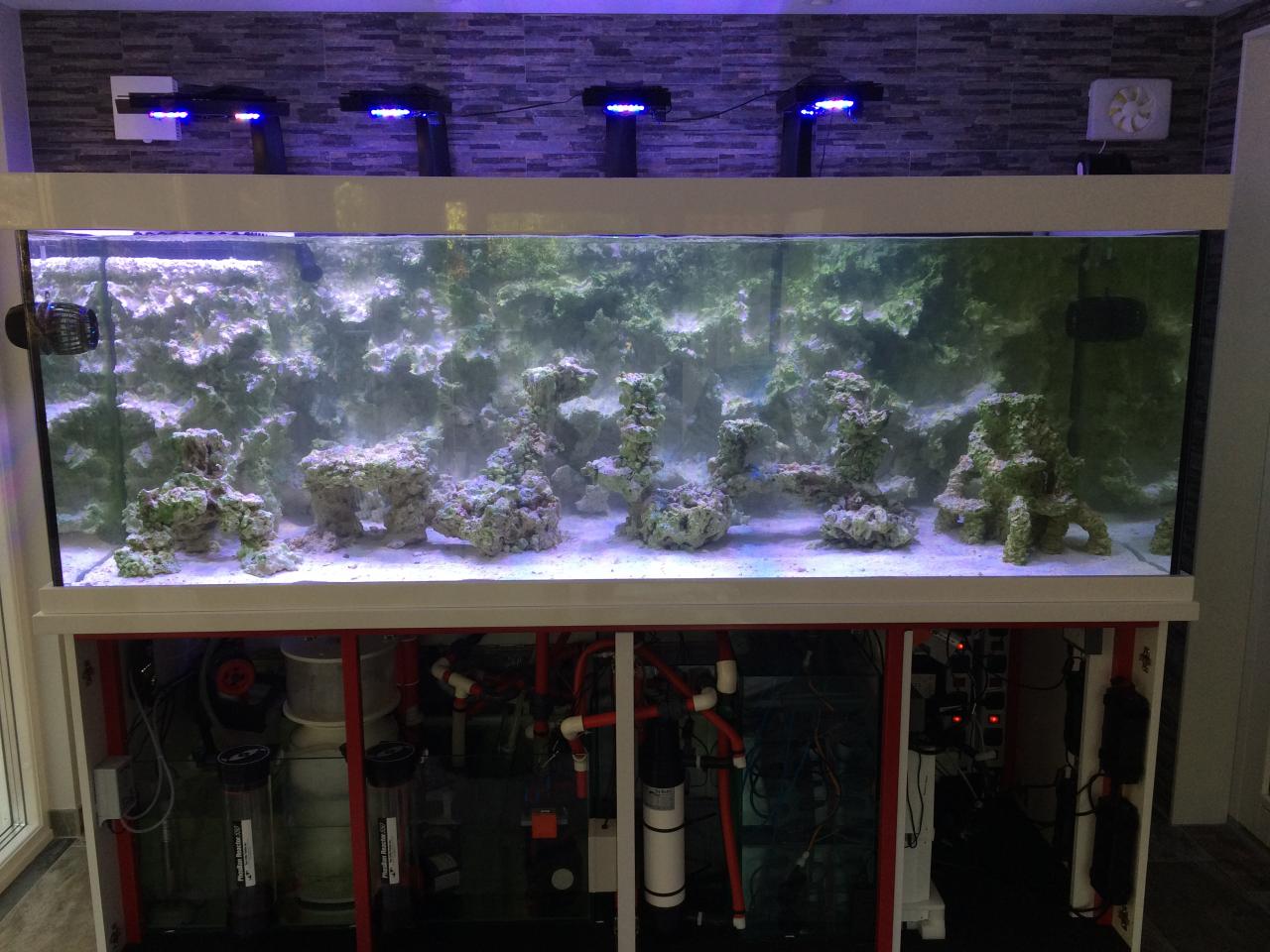
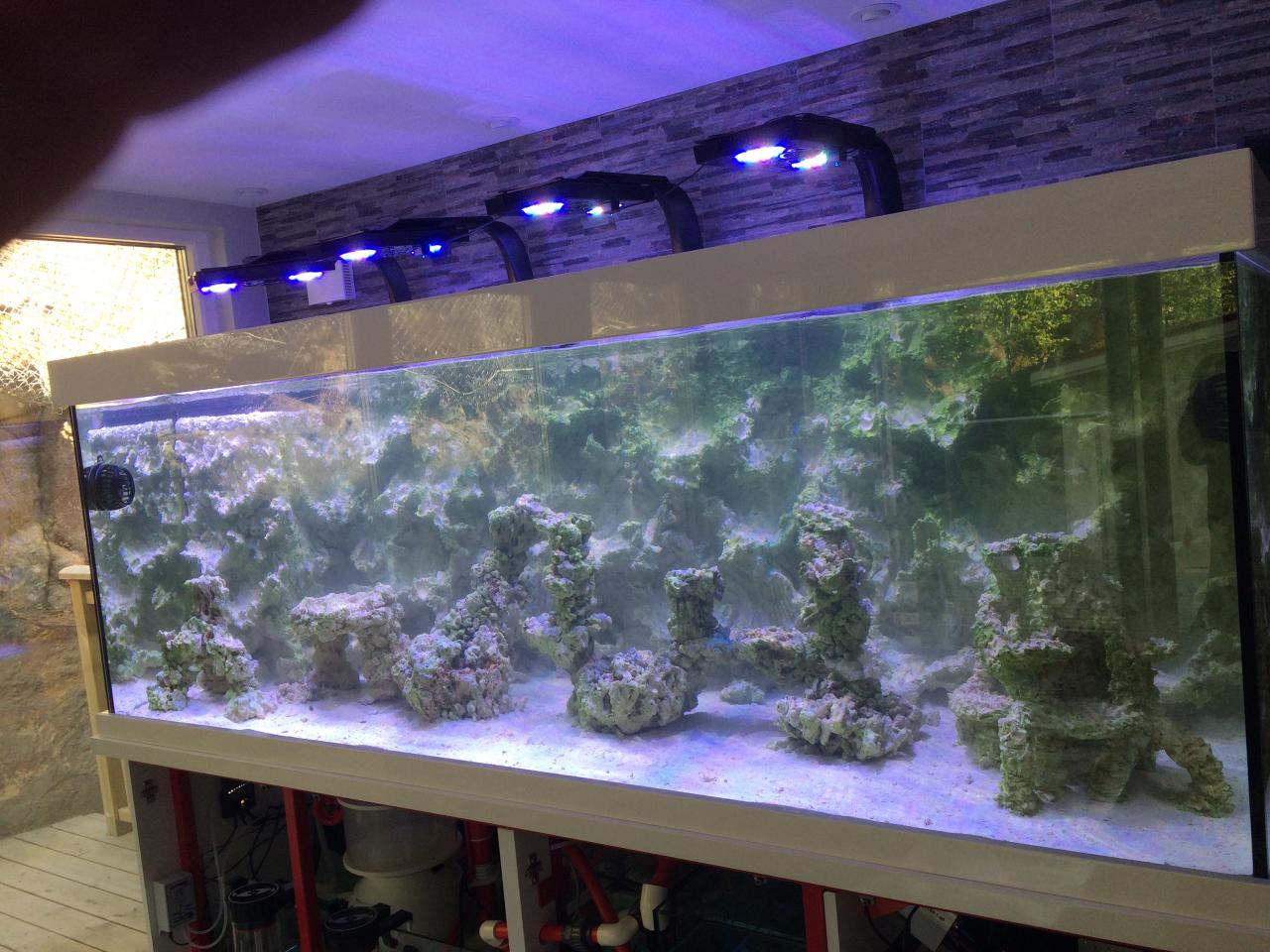
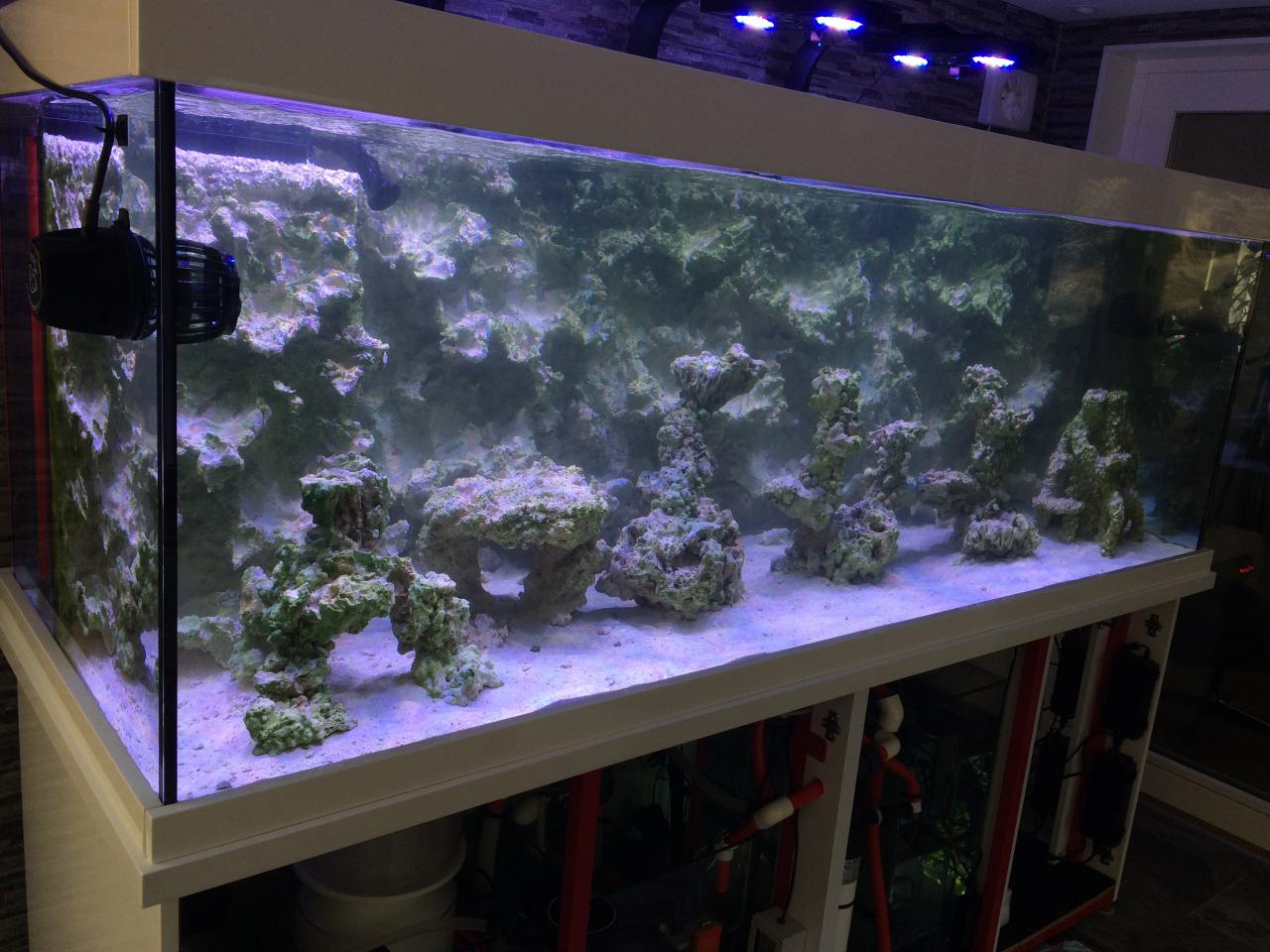
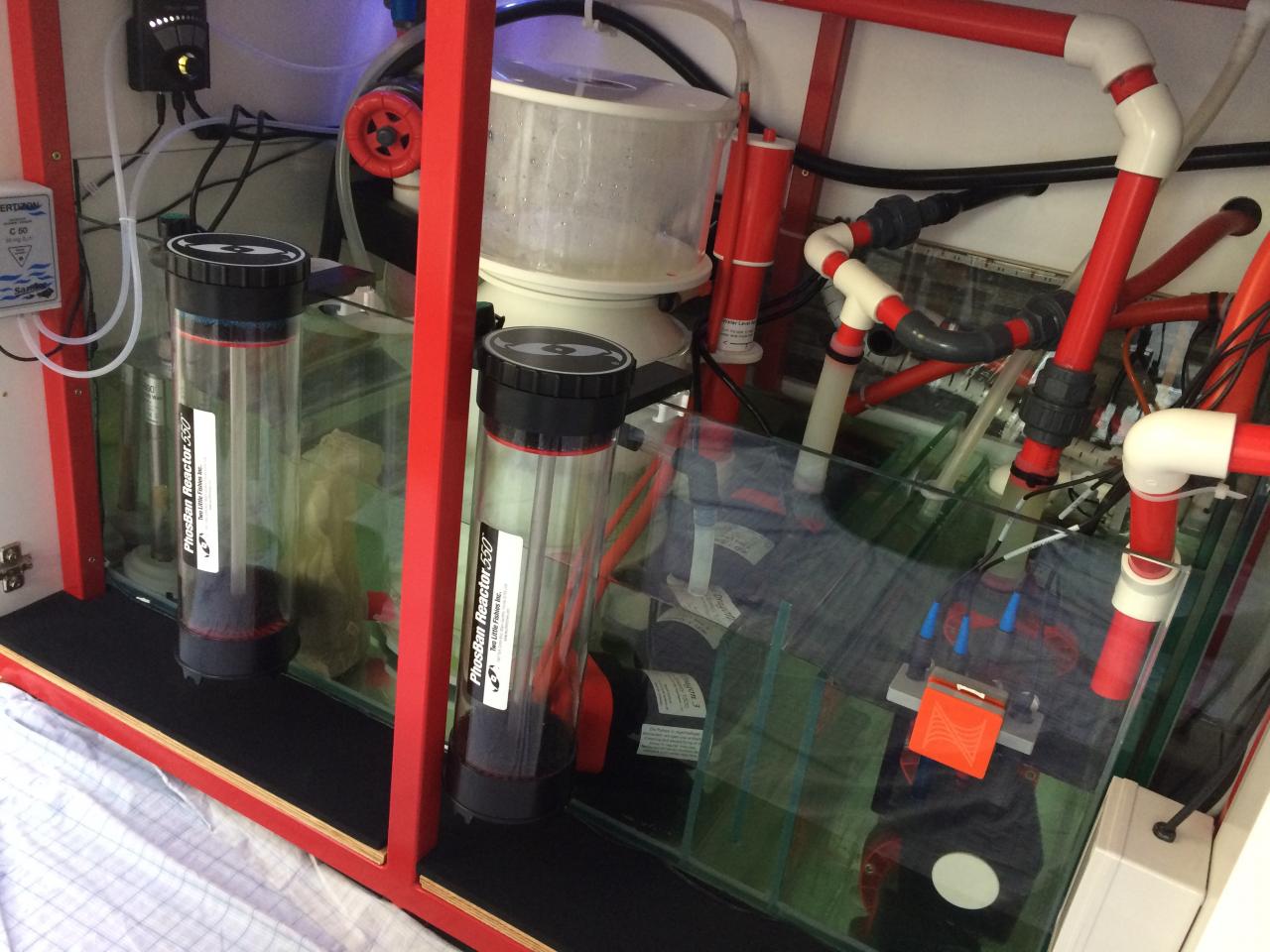
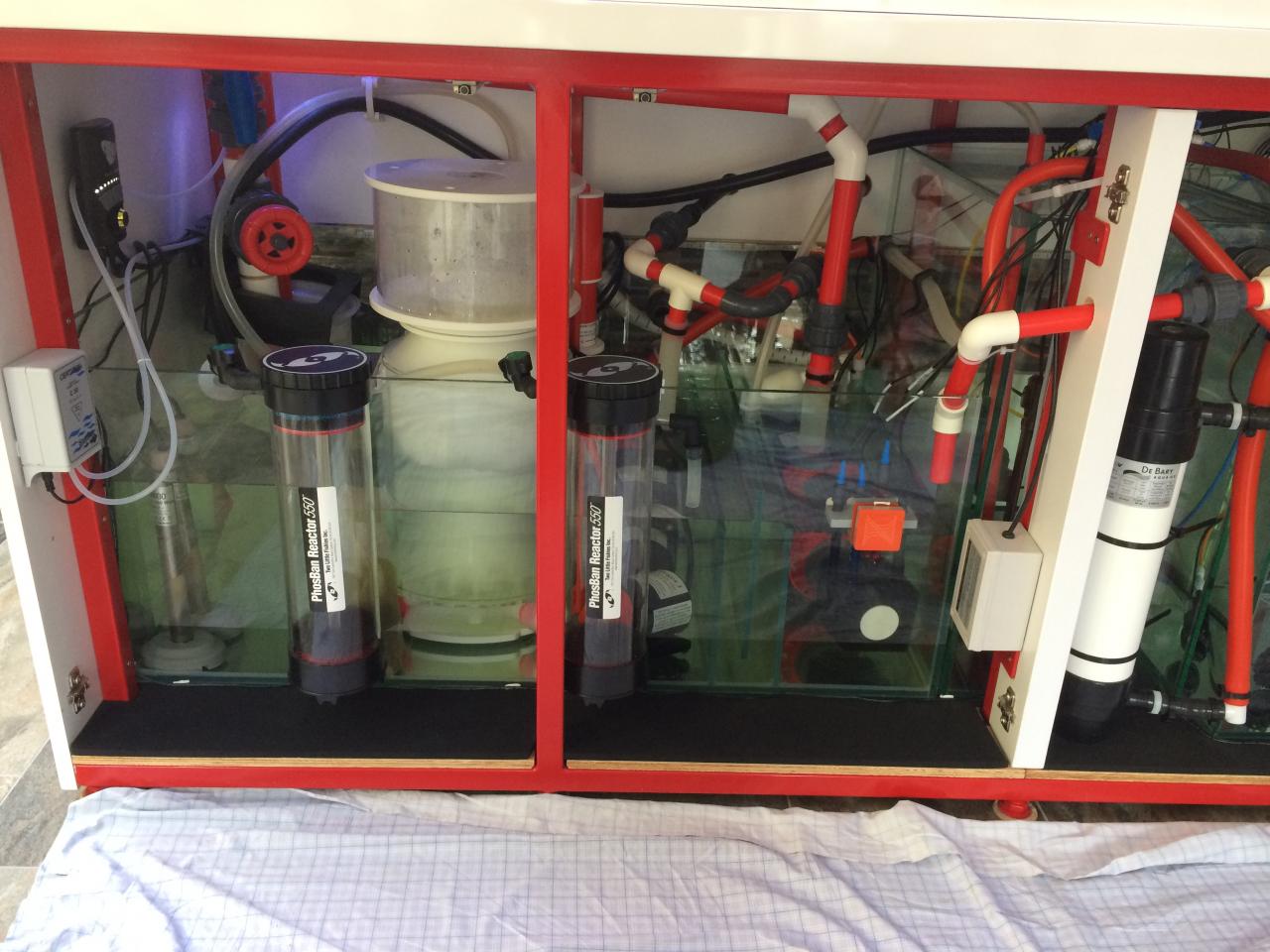
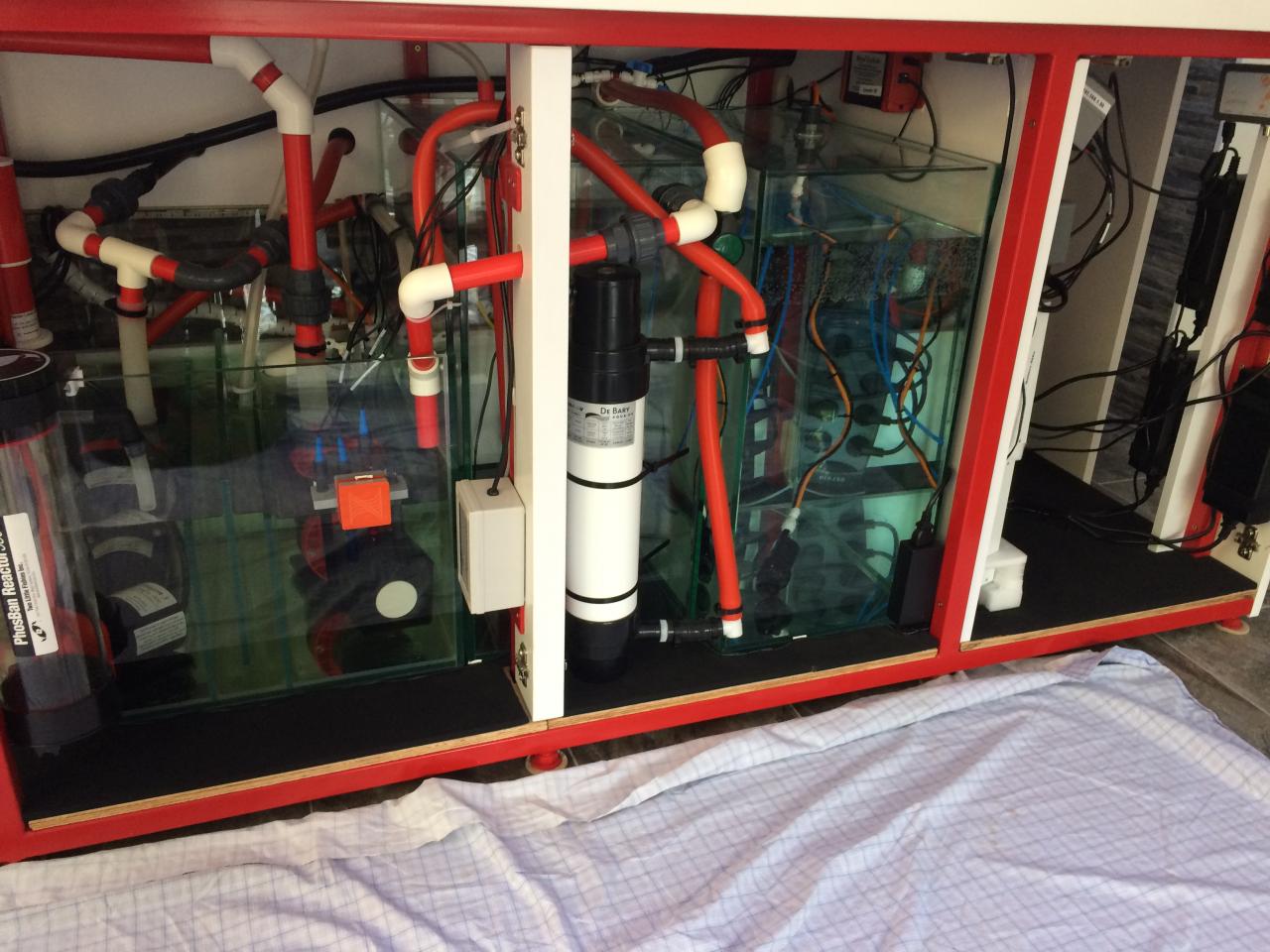
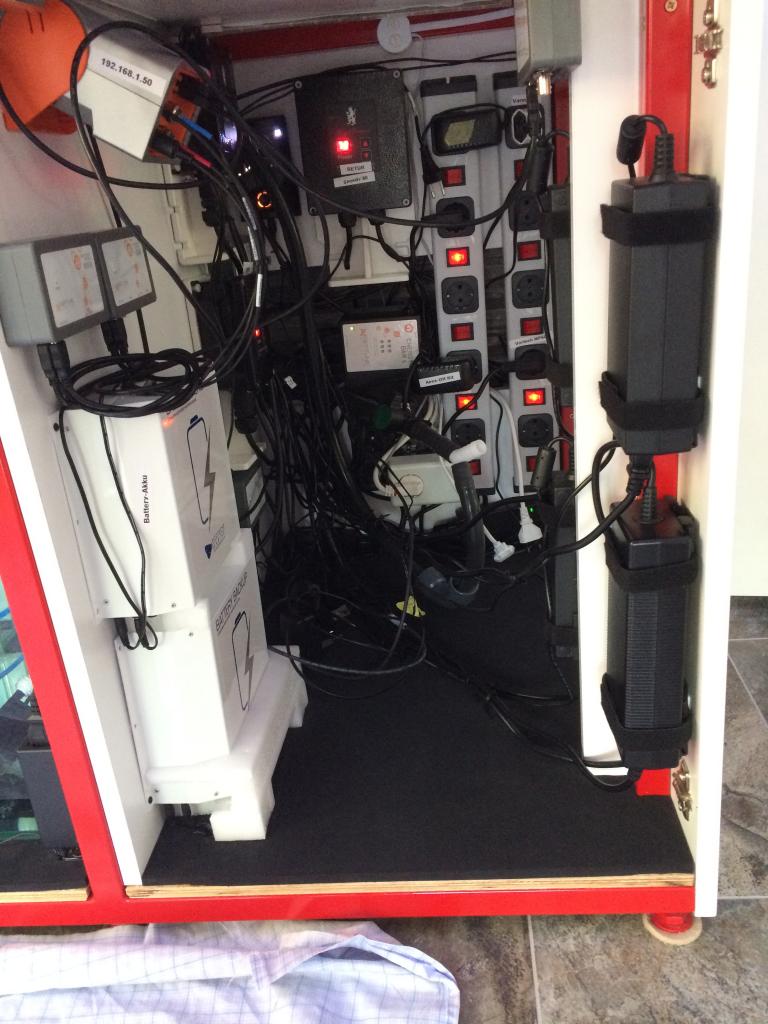

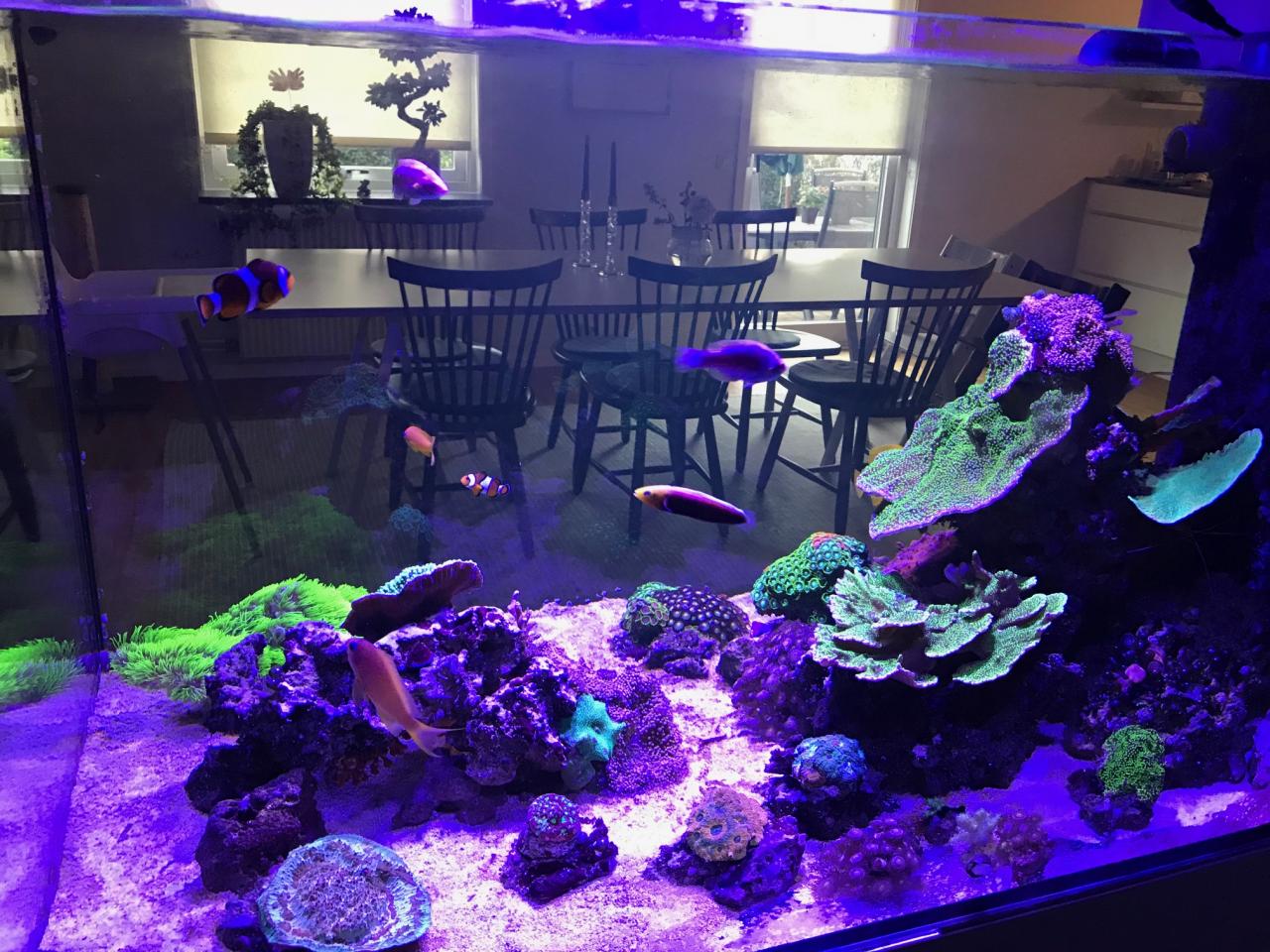
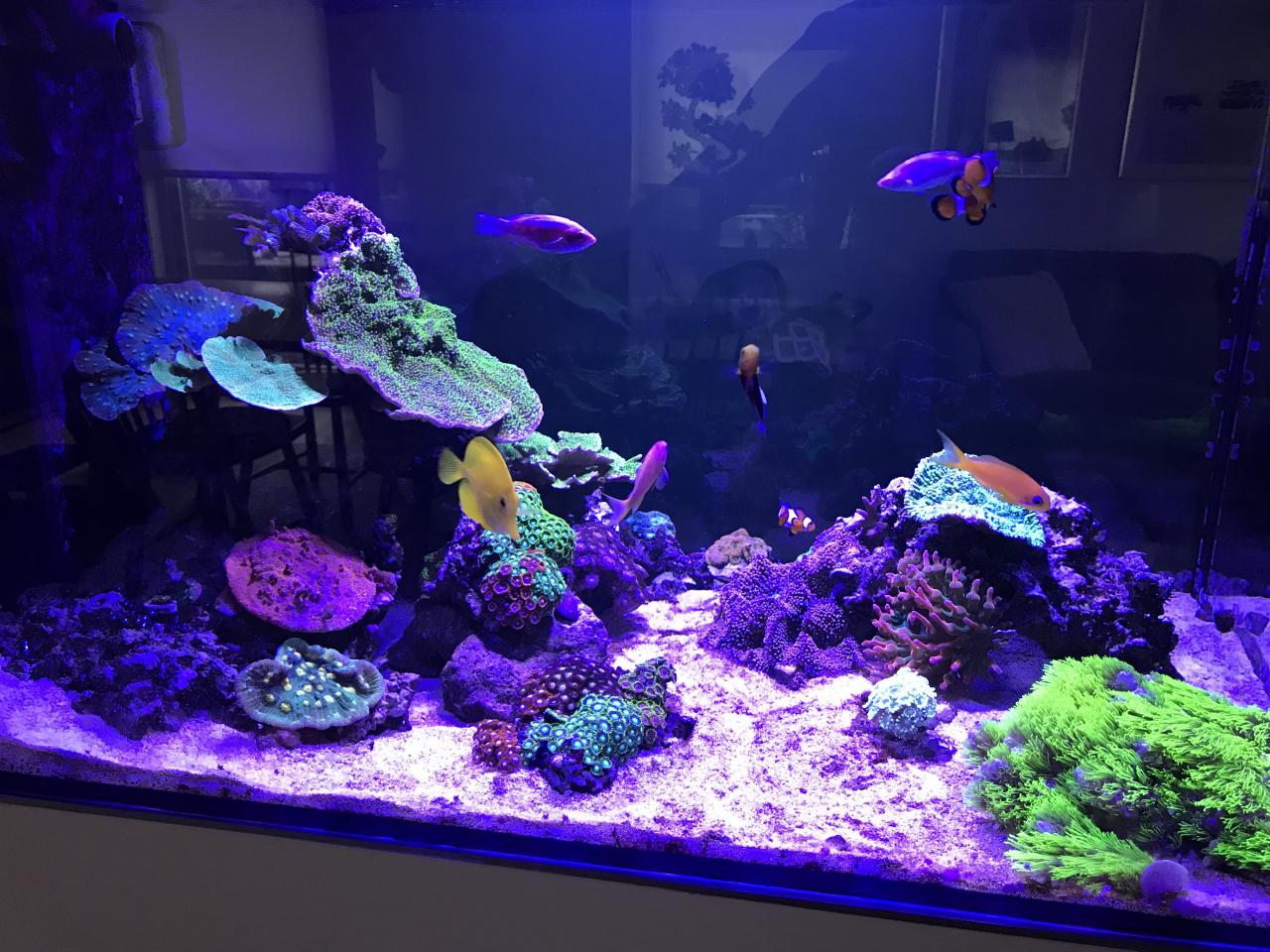
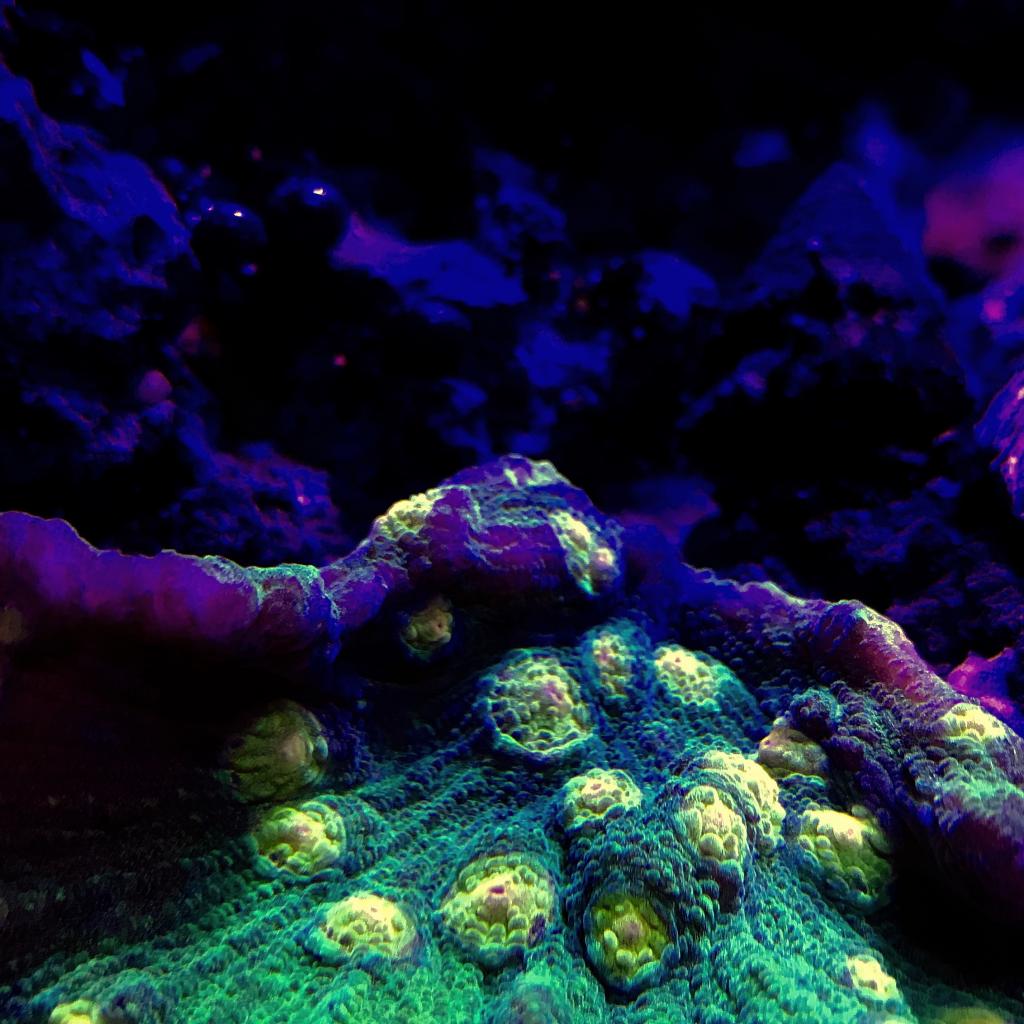
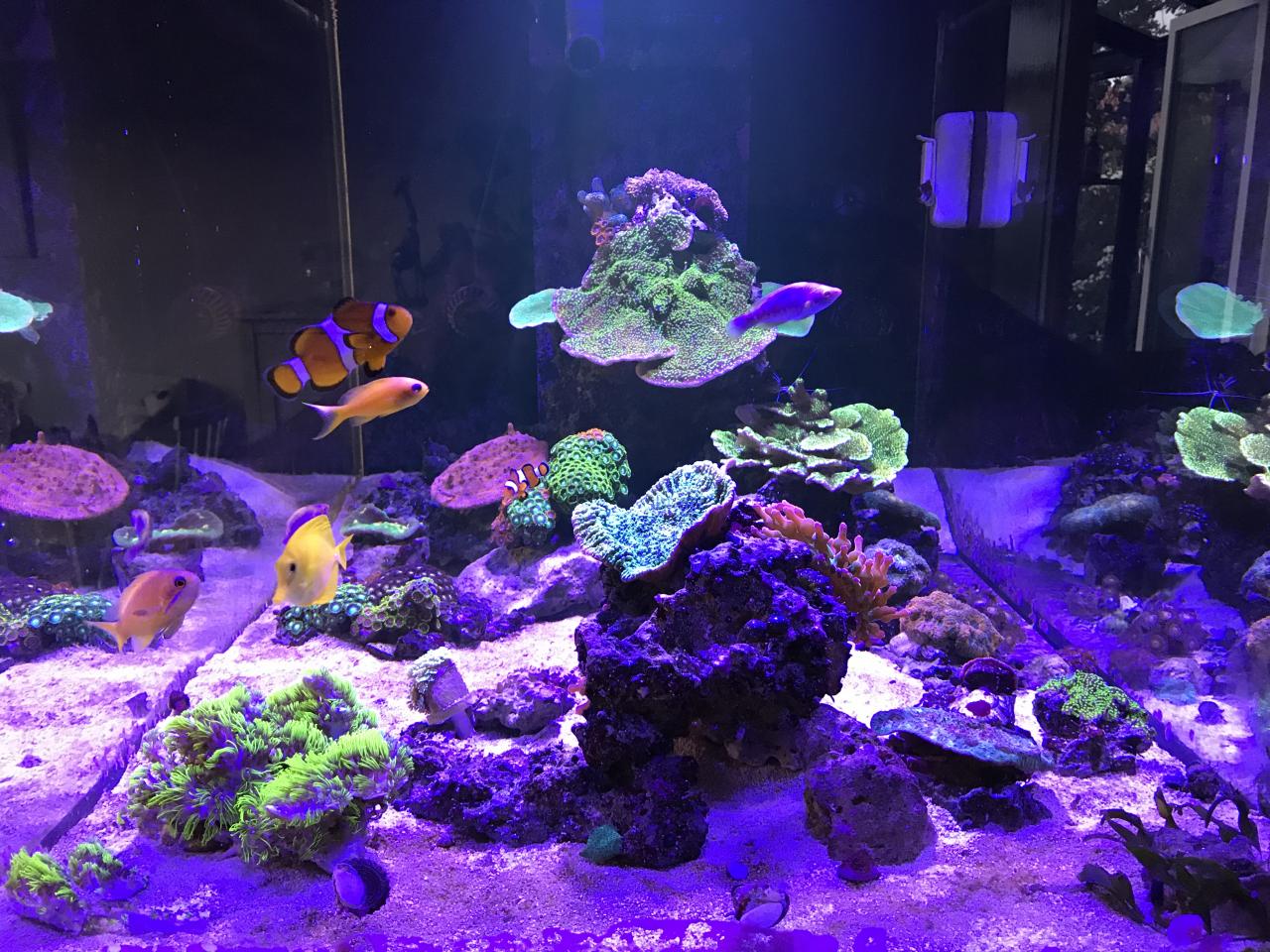
.jpg.ddc9152344df2ac7279a210eb54222f2.jpg)